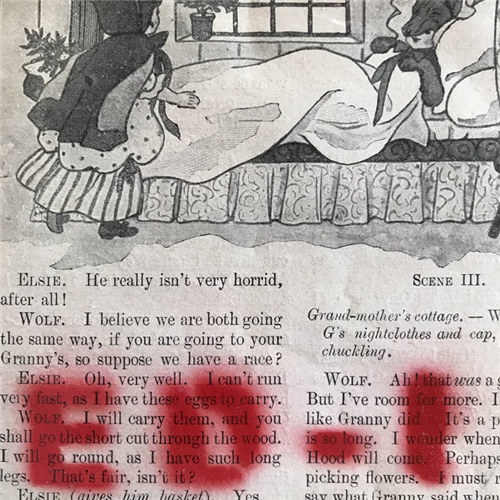
released August 1, 2003
Ernesto Diaz-Infante: vocals, guitars, violin, 4-track manipulations and lyrics.
Marjorie Sturm: flute, voice and lyrics.
Composed/mixed: March - June 2003, San Francisco, California USA.
Released by Imvated
Next Door to the Jefferson Airplane: 341 Willard North Review by François Couture
This album came out on the micro-label Imvated as a CD packaged in pages torn out of old books, with liner notes printed on pieces of onion paper. An obscure follow-up to Ernesto Diaz-Infante's 2003 self-titled solo CD on Pax Recordings, it continues down the same path while moving toward the outer regions of utter strangeness. Ever since he started singing (murmuring is actually closer to it) and collaging sounds, Diaz-Infante has been taking his music into dark territories, rolling together urban field recordings, abstract free improv, and outsider folk into disconcerting propositions. Next Door to the Jefferson Airplane is no different in that regard, but the proposition becomes somewhat clearer. It appears that Diaz-Infante is looking for a way to link the post-Industrial imagery of Coil, the disillusioned atmosphere of George W. Bush's America ("Memorize paranoia, methodize confusion," he sings in "Memorize Paranoia"), and the early speech-songs of Harry Partch. The murmur clearly transforms into speech-singing in "Complacency," while the detuned guitars and slowed down tapes evoke Partch's original recordings of "U.S. Highball" and "Barstow." But don't be fooled, Diaz-Infante's universe remains resolutely his own and, geographic proximity aside, you'll find nothing remotely Jefferson Airplane-like on this album. The artist handles vocals, four-track tape, guitars, violin, and collaged percussion. Marjorie Sturm contributes flute and voice on a few tracks, along with a few lyrics. The lyric sheet is quite handy in understanding the lyrics. Sturm's are organized in long post-modern tirades about the shallow way of life in San Francisco. Diaz-Infante's take the form of short sentences, like cryptic Chinese fortunes. Musically speaking, his use of excruciatingly slowed down rhythm tracks and twangy guitar lines create an apocalyptic mood that only the most open-minded listeners will be able to digest -- many tracks sound as if he had recorded his songs, pressed them to an LP, and was spinning the vinyl manually. But if you enjoyed his previous, higher-profile solo album, this one definitely feels like an important step toward the next.